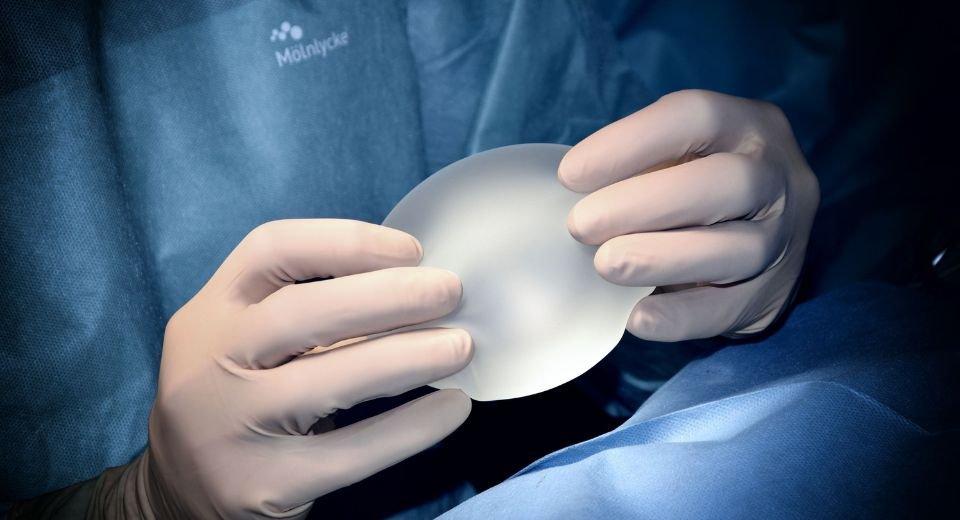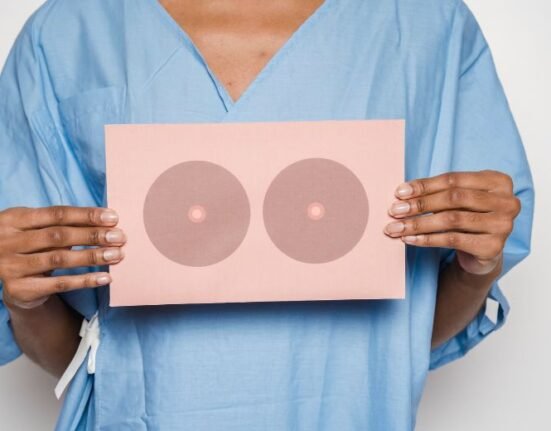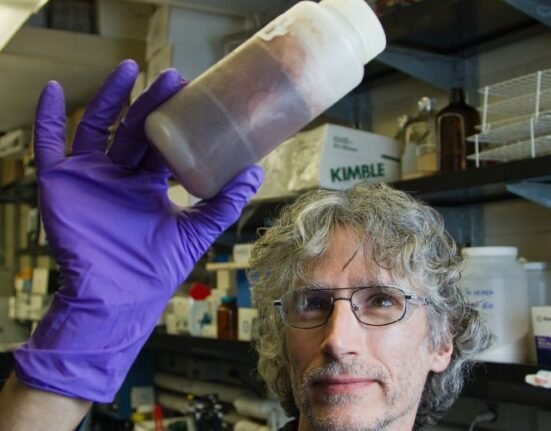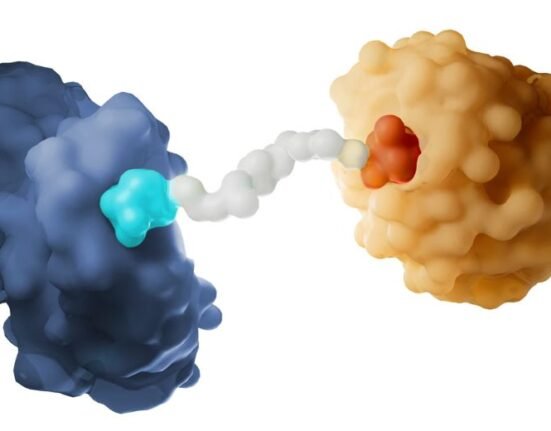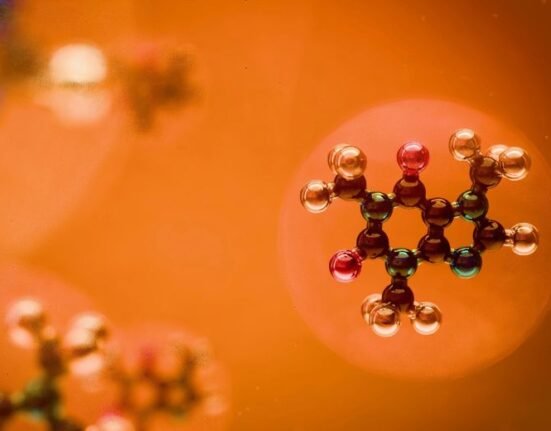Bharti Jayshankar
November 30, 2024: A study done by the University of Texas MD Anderson Cancer Center revealed that some breast cells in healthy women may harbor chromosomal abnormalities typically associated with invasive breast cancer.
This research challenges the traditional understanding of breast cancer’s genetic origins and could significantly influence early detection methods.
The study found that at least 3% of normal breast cells from 49 healthy women exhibited a condition known as aneuploidy, characterized by gains or losses of chromosomes. Notably, these abnormalities were shown to accumulate with age, raising important questions about what constitutes “normal” tissue. Principal investigator Nicholas Navin, Ph.D., emphasized the implications of these findings: “Every healthy woman analyzed in our study had irregularities, bringing up the very provocative question about when cancer actually occurs.”
Aneuploidy
Using advanced techniques such as single-cell sequencing and spatial mapping, researchers examined samples from women undergoing breast reduction surgery. They discovered that a median of 3.19% of epithelial cells in normal breast tissues were aneuploid, with over 82.67% showing copy number changes commonly found in invasive breast cancers. The most frequent alterations included additional copies of chromosome 1q and losses on chromosomes 10q, 16q, and 22, which are often associated with cancer progression.
These findings raise concerns about the potential for false positives in current molecular diagnostics and screening methods for breast cancer. As Navin noted, “A cancer researcher or oncologist seeing the genomic picture of these normal breast tissue cells would classify them as invasive breast cancer.” He added, “We’ve always been taught that normal cells have 23 pairs of chromosomes, but that appears to be inaccurate because every healthy woman that we analyzed in our study had irregularities, bringing up the very provocative question about when cancer actually occurs.”
Refined diagnosis
This suggests a need for more refined diagnostic criteria to differentiate between benign anomalies and actual malignancies. Breast cancer remains a significant public health issue, with approximately 1 in 8 women diagnosed during their lifetime. The American Cancer Society estimates that over 290,000 new cases will be diagnosed in the United States in 2024 alone.
Previous studies have identified chromosomal abnormalities as critical factors in cancer progression; approximately 90% of cancers exhibit chromosomal gains or losses.
Navin’s research builds on earlier work involving the Human Breast Cell Atlas, which profiled over 714,000 cells to create a comprehensive genetic map of normal breast tissue. The current findings suggest that aneuploidy may not only be a hallmark of cancer but also prevalent in healthy tissues, potentially reshaping our understanding of cancer biology and prompting further investigation into the mechanisms behind these chromosomal changes.
The implications of this research extend beyond breast cancer; as epithelial cells are present in various organs, similar chromosomal irregularities may be observed across different types of cancers. Navin concluded that while not everyone may carry precancerous cells, understanding these abnormalities is crucial for developing effective early detection strategies and improving patient outcomes.


